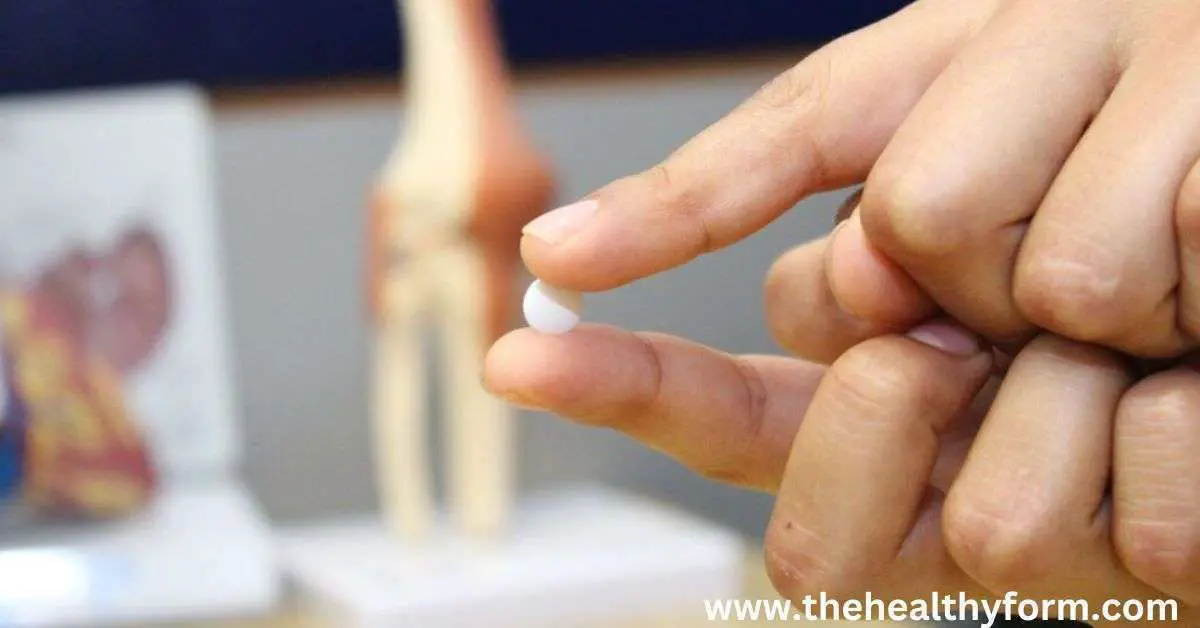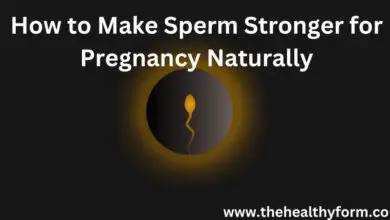The Essential Role of Sexual Health Education in Today’s Society
Sexual health education is important for individuals of all ages. It helps people understand their bodies and how to make informed decisions about their sexual and reproductive health. Our comprehensive sexual health education program covers healthy relationships, contraception, sexually transmitted infections, and consent. We believe that everyone has the right to accurate and non-judgmental information about their sexual health, and we strive to provide a safe and welcoming environment for learning and asking questions.
Supplying people with knowledge, abilities, and resources to support their decision-making regarding their sexual health is known as sexual health education. It entails educating people on various subjects, including sexual identity, sexual orientation, contraception, sexually transmitted infections, reproductive anatomy and physiology, consent, and healthy relationships.
Education about sexual health is crucial for a variety of reasons. It assists people in making knowledgeable choices about their sexual health, lowering the risk of unwanted pregnancy and STDs. Also, it encourages respect for one another and consent, which can enhance general well-being and lower the likelihood of sexual violence.
Programs that are effective in educating people about sexual health give them factual, non-judgmental information that is thorough. Also, they encourage questioning, open communication, and a secure and encouraging learning atmosphere.
Education on sexual health is a lifetime process that starts in childhood and lasts into maturity. It can come in various shapes and sizes, including in-person training, internet resources, neighborhood initiatives, and healthcare offerings.

What is Sexual Health Education?
Sexual health education can occur in various settings, including schools, community organizations, and healthcare facilities. It can be provided through formal programs, classes, and informal discussions with trusted adults or peers. It can cover a wide range of topics, including
Human anatomy and reproductive anatomy
The study of human anatomy includes the numerous organs, tissues, and systems that make up the body and its structure and organization. The male and female reproductive systems are the focus of the human anatomy section known as reproductive anatomy.
The testes, epididymis, vas deferens, seminal vesicles, prostate gland, and urethra are all components of the male reproductive system. The testes produce sperm; during sexual activity, other tissues help distribute and transport sperm.
The ovaries, fallopian tubes, uterus, cervix, and vagina are all parts of the female reproductive system. The ovaries produce eggs delivered to the uterus through the fallopian tubes. The cervix is the opening between the uterus and vagina, and the uterus is where the fertilized egg implants and grows into a fetus during pregnancy.
The digestive system consists of the mouth, esophagus, stomach, and intestines; the respiratory system includes the lungs and airways; the cardiovascular system consists of the heart and blood vessels; and the nervous system consists of the brain, spinal cord, and nerves, are some of the other systems in the human body.
Puberty: Physical and Emotional Changes
Puberty is a time of significant physical and emotional change for individuals. This education can help individuals understand and cope with these changes and make informed decisions about their sexual behavior.
Relationships and communication skills
Building relationships and effective communication are essential to overall health and well-being. Building and maintaining healthy relationships, whether romantic, familial, or platonic, depends on effective communication. Here are some crucial pointers for creating effective communication abilities and wholesome relationships:
Active listening: An essential communication component is paying close attention and listening to the other person’s words. It entails listening carefully to the speaker, asking questions, and repeating what you heard to ensure understanding.
Being non-judgemental is refraining from making judgmental remarks and instead attempting to comprehend the viewpoint of others. This may facilitate the development of a welcoming and safe environment for a candid conversation.
Respect: Healthy communication and relationships depend on both parties treating each other with respect for their feelings, ideas, and limits.
Honesty: An essential communication component is being open and truthful with people. It can support wholesome relationships and trust-building.
Emotional expression: Whether by words, actions, or other ways, it’s critical to express your feelings healthily. This can aid in avoiding miscommunications and fostering a better knowledge of the other party.
Resolution of disputes: Disagreements arise naturally in relationships. Therefore, it’s critical to know how to handle them constructively. This entails listening intently, identifying points of agreement, and, if necessary, compromising. Establishing and upholding limits is essential for wholesome partnerships. This entails being honest about your expectations and boundaries while respecting those of others.
Sexual behavior and decision-making
Sexual health education can help individuals make informed and responsible decisions about their sexual behavior. This includes understanding the risks and benefits of different types of sexual activity and how to protect themselves and their partners from STIs and unintended pregnancies.
Contraception and STI prevention
Understanding the different types of contraception and how to use them correctly can help individuals prevent unintended pregnancies. Sexual health education can also provide information about protecting against STIs, including the importance of using condoms and other barriers.
The Benefits of Sexual Health Education
Sexual health education is important for some reasons. It can help individuals:
Understanding Puberty: Body Changes and Development
Sexual health education can provide accurate and comprehensive information about human anatomy and the changes that occur during puberty. This can help individuals understand their bodies and feel more comfortable with the changes they may experience.
Smart Choices for Responsible and Healthy Sexual Behavior
By providing information about different types of sexual behavior and the risks and benefits associated with each It can help individuals make informed and responsible decisions about their sexual behavior.
Empowering Individuals with Knowledge of Contraception and STI Protection
Sexual health education can provide information about different types of contraception and how to use them correctly. It can also provide information about protecting against STIs, including the importance of using condoms and other barriers.
Develop healthy relationships and communication skills
Good communication is an essential aspect of healthy relationships. This can help individuals develop communication skills and an understanding of healthy relationships.
Promote healthy attitudes towards Sex and sexuality
Sexual health education can help individuals develop healthy attitudes towards Sex and sexuality and understand the importance of consent in all sexual encounters.
Ways to Minimize Unintended Pregnancies, STIs, and Negative Outcomes
By providing accurate and comprehensive information about contraception and STI prevention, sexual health education can help individuals reduce their risk of unintended.
Empowerment and Confidence in Sexual and Reproductive Health Decisions
Sexual health education can help individuals feel more empowered and confident in making informed and responsible decisions about their sexual health.
Reduce stigma and shame surrounding Sex and sexuality
By providing a safe and supportive environment to ask questions and seek support, sexual health education can help reduce the stigma and shame surrounding it.
Healthy attitudes towards Sex and sexuality
Sexual health education can help individuals develop healthy attitudes towards Sex and sexuality and understand the importance of consent in all sexual encounters.
The Importance of Sexual Health Education
Sexual education is crucial to promoting good sexual and reproductive health for individuals of all ages. It involves providing individuals with accurate and comprehensive information about their sexual and reproductive health, including human anatomy, puberty, relationships, sexual behavior, and contraception. Providing this information can help individuals make informed and responsible decisions about their sexual health and promote healthy attitudes toward Sex and sexuality.
Importance of Accurate and Comprehensive Information
First, it helps individuals understand their bodies and the changes they may experience during puberty. This can be a significant physical and emotional change for young people. Having accurate information about these changes can help them feel more comfortable and confident in their bodies. Also, it can provide important information about reproductive anatomy, which can help individuals understand how their bodies work and how to take care of their reproductive health.
Second, accurate and comprehensive can help individuals make informed and responsible decisions about their sexual behavior. This includes understanding the risks and benefits of different types of sexual activity and how to protect themselves and their partners from STIs and unintended pregnancies. Providing this information can help individuals make healthy and responsible decisions about their sexual behavior.
Third, it is accurate and comprehensive. It can help individuals understand their contraceptive options and how to protect themselves and their partners from STIs. This includes information about different types of contraception, how to use them correctly, and how to protect against STIs, including the importance of using condoms and other barriers. Providing this information can also help individuals reduce their risk of unintended pregnancies and STIs. Finally, it is accurate and comprehensive. Also, it can help individuals develop healthy attitudes toward Sex and sexuality and understand the importance of consent in all sexual encounters.
FAQs about Sexual Health Education
Here are some of the most frequently asked questions about Sexual health education.
What is sexual health education?
Sexual health education provides knowledge and information about human sexuality, reproductive health, relationships, and sexual behavior. It covers various topics, including contraception, sexually transmitted infections (STIs), gender identity, sexual orientation, consent, and healthy relationships.
Why is sexual health education important?
Sexual health education is crucial for promoting and maintaining individuals’ physical, emotional, and social well-being. It can help prevent unwanted pregnancies, STIs, and sexual violence. It also empowers individuals to make informed decisions about their sexual health and relationships, reduces stigma and discrimination, and promotes healthy attitudes and behaviors.
At what age should sexual health education be introduced?
Sexual health education should be introduced at an age-appropriate level, starting in early childhood and continuing through adolescence and adulthood. Basic concepts such as body parts and personal boundaries can be introduced in early childhood, while more complex topics such as contraception and consent can be introduced in adolescence.
Conclusion
There are various settings where sexual health education can occur, including schools, community organizations, and healthcare facilities. The education can be formal, such as classes, or informal, such as discussions with trusted adults or peers. The topics covered in sexual health education can be diverse, including human anatomy and reproductive anatomy, the physical and emotional changes during puberty, relationships and communication skills, sexual behavior and decision-making, and contraception and STI prevention. Sexual health education is beneficial as it helps individuals understand puberty, make informed and responsible decisions about their sexual behavior, develop healthy relationships and communication skills, and promote healthy attitudes toward Sex and sexuality.






